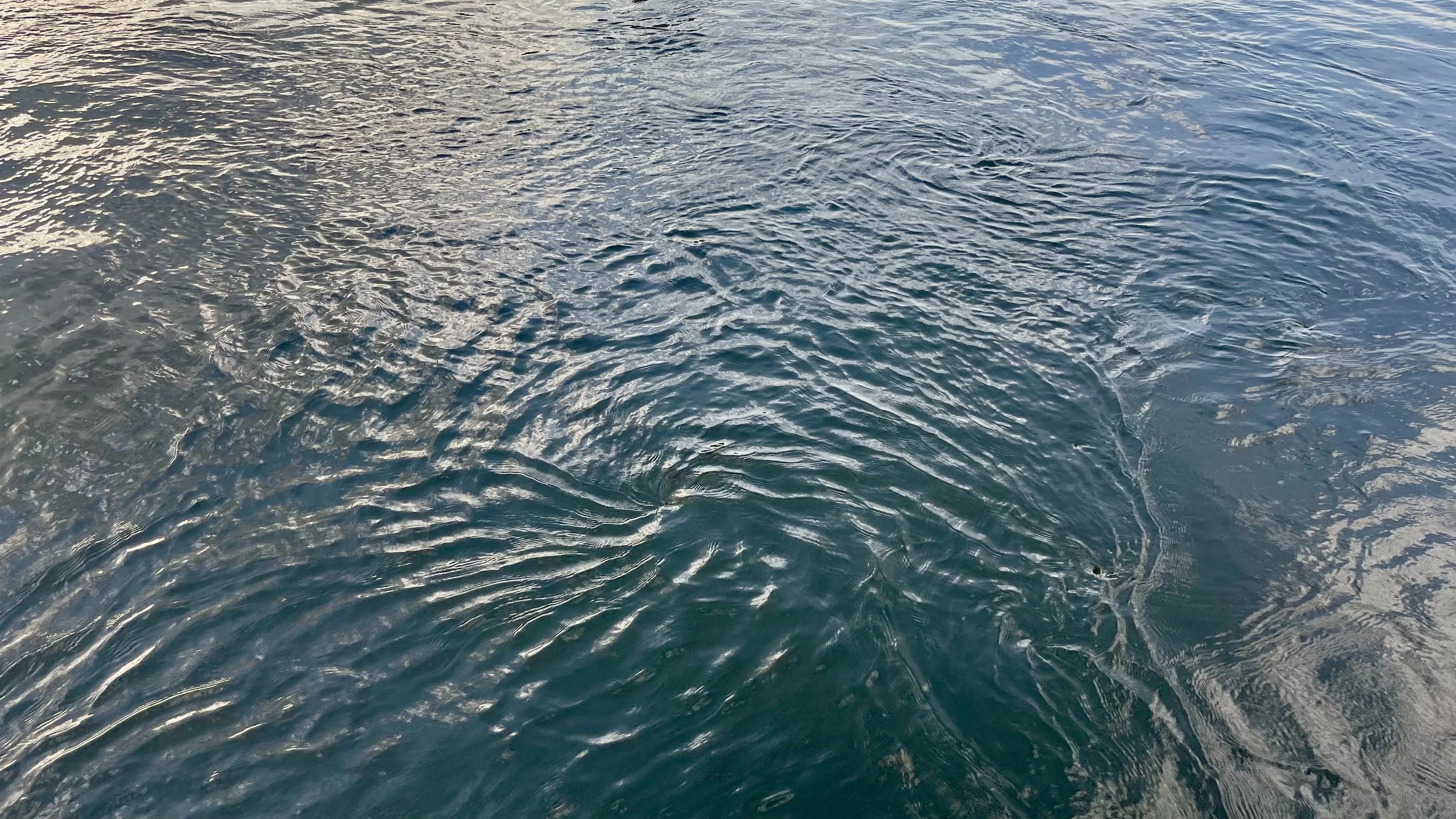This summer, I’m launching a series of sound walks along the River Irk, beginning at St Michael’s Flags and Angel Meadow Park. Once a densely inhabited working-class district, now a site of rapid regeneration, this landscape holds stories that move beneath the surface & I’ve been working in this space for so long, I can hear through earth ~ stories waiting for new ears; of migration, labour, displacement, and quiet forms of resistance.
This first walk is an invitation to listen ~ to the flows we no longer see, and to those we often fail to hear.
What is Liquid History?
‘Liquid history’ is a phrase that recognises rivers as vessels of more than water, as vibrant forces, as lively archives. As environmental historian Peter Coates describes, rivers carry political memory, ecological change, and social tension ~ they are witnesses to extraction, enclosure, and continuous transformation.
In my practice, Liquid History has become a method: a way of engaging with post-industrial waterways as sites of memory, care, and re-imagining. Through sound, conversation, and collaborative creative mapping, I explore how rivers shape (and are shaped by) people, policy, and place.
I’m particularly influenced by the work of environmental historian Stefania Barca, whose research on the River Liri in Italy emphasises rivers as active agents within socio-political landscapes. Barca’s use of creative, community-led methods foregrounds voices often excluded from dominant narratives of urban change ~ highlighting care, relational knowledge, and situated resilience.
This approach has guided my own work with the River Irk, where I’ve been collaborating with local groups to explore overlooked environmental legacies, public access, and the everyday poetics of river life via light.
Listening as Practice
During the walk, we’ll move slowly through Angel Meadow and adjacent areas of the Irk, tuning into the river’s sonic textures using hydrophones, contact microphones, and field recordings. We’ll also engage in guided listening ~ moments of stillness, memory, and reflection.
This is not about producing data or documentation. It’s about cultivating presence. About asking:
What does the river remember?
What remains beneath the surface?
Who speaks for, and with, the river?
Amidst the noise of development, attentive listening becomes a subtle form of resistance ~ a way to honour what’s been buried or erased, and to imagine alternative relationships with urban space.
Why the River Irk, and Why Now?
The River Irk is one of Manchester’s most obscured and fragmented waterways ~ its course interrupted by development, its voice muffled beneath concrete and infrastructure. Yet it remains a witness: to cycles of displacement, to neighbourhoods erased and rebuilt, to ongoing struggles over land, ecology, and memory.
At a time when rivers across the UK face mounting ecological stress, the Irk also faces social and spatial silencing ~ access is limited ~ histories are scattered ~ regeneration unfolds without always remembering what came before.
To walk with the Irk now is to ask:
Whose future is being imagined?
What forms of knowledge do we value?
How might creative listening help us recover ~ and reimagine ~ relationships with the river and each other?
The River Irk is being reshaped by major urban developments, yet access remains fragmented and public dialogue limited. This sound walk is the first in a longer series that will trace the Irk’s journey north ~ mapping its currents, disruptions, and communities along the way.
An Invitation
Join us for a quiet act of listening. The river still speaks ~ but not always in ways we expect. By walking together, we might begin to hear what it has to say.
I’ll be posting the Eventbrite for the first Liquid History Sound Walk during the week of 21st July, so keep your eyes peeled & place Saturday 23rd August in your diary.
I am so excited for us to meet in person for a listening session with River Irk. If you want to know more about the area we will meet in, I made a 12 minute film about it as part of my Masters in 2021.

